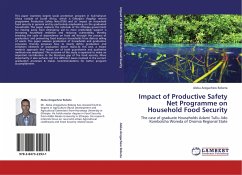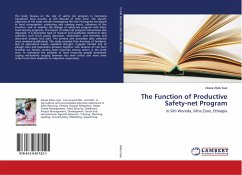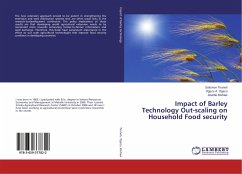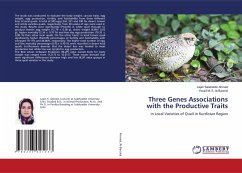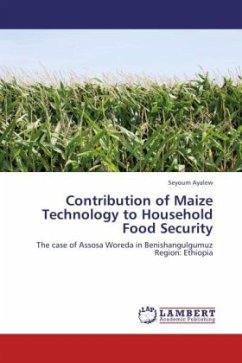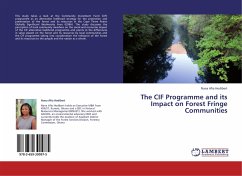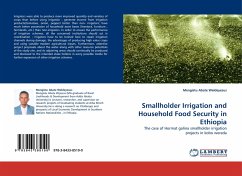This paper examines largest social protection program in Sub-Saharan Africa outside of South Africa, which is Ethiopia s flagship reform programme Productive Safety Nets (PSN) and its impact on household food security in general and by particularly emphasizing on the graduated households. The paper explores the rationale of the Ethiopia government for moving away from emergency aid to more predictable support is increasing household resilience and reducing vulnerability, thereby breaking the cycle of dependence on food aid through the process of graduation; and preventing food insecure households from distress selling of assets. The paper assesses graduation of households and graduation processes; thereby proposes how to clearly define graduation and enlighten elements of graduation bench marks.To this end, a mixed research approach that makes use of both quantitative and qualitative methods was employed. The outcome of the study is expected to make an important contribution to the litereture gap of the food security. More importantly, it also surfaces out the different issues involved in the current graduation processes & makes recommendations for better program accomplishment

